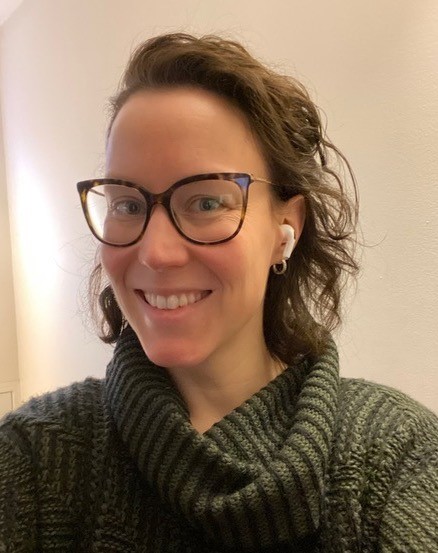Ine Beljaars
Research Area
Graduate Student Group
Education
MA cum laude, Cultural Anthropology and Development Sociology, Leiden University (2014)
BA, Cultural Anthropology and Development Sociology, Leiden University (2012)
About
Biography
I am a qualitative researcher who examines the relationship between identity and the sociocultural dynamics of gender, raciality, postcoloniality, and social differentiation through the lens of bodily movement, such as dance. My research intersects cultural anthropology, dance and performance studies, cultural studies, and feminist, queer, postcolonial, and race critical theories. My methodological toolkit includes (auto)ethnography, participant observation, in-depth interviews, surveys, phenomenology, creative arts-based methods, oral histories, discourse analysis, and archival research.
Research
Research
My doctoral research explores the Afro-Latin partner dance scene in the Netherlands, focusing on how this vibrant subculture has evolved and how participants from diverse embodied positionalities negotiate identities and relationships within this space. I specifically examine dance practices and their associated discourses in relation to racialization, postcoloniality, perceptions of Dutch identity, and broader questions of belonging in the Netherlands. My doctoral research intervenes in dance studies, critical whiteness studies, and Dutch cultural studies.
Building on my dissertation, I am eager to place these findings within a broader historical context, researching raciality and the White gaze in the Dutch dance and entertainment industry throughout the 1900s.
Publications
Selected Publications
Beljaars, I. (2018). The West End Sex Workers Memorial, Vancouver, British Columbia [Photograph]. In C. Bruckert & T. Law (Eds.), Women and gendered violence in Canada: An intersectional approach (pp. 196). University of Toronto Press.
Beljaars, I. (2016). Body politics: The social production of difference in the Dutch Kizomba dance scene. Het Spinhuis, Maklu.
Beljaars, I. (2016). Difference-making in the Dutch Kizomba scene. LOVA, the Netherlands Association for Gender Studies and Feminist Anthropology, 36(1), 26-37.
Awards
-Selma Jeanne Cohen Award, Dance Studies Association (2023)
-President’s Academic Excellence Award, University of British Columbia (UBC) (2020-2023)
-Public Scholar Initiative Awards, UBC (2021, 2022)
-Research Seed Funds, Leiden University (2020)
-Faculty of Arts Graduate Award, UBC (2016-2020)
-Graduate Research Award, UBC (2020)
-Gender, Race, Sexuality and Social Justice Graduate Scholarship, UBC (2018, 2019)
-Travel Grant, Social Justice Institute, UBC (2019)
-Walter C. Koerner Affiliated Fellowship (2017, 2018)
-Frieda Granot Graduate Scholarship in Interdisciplinary Research (2017)
-R. Howard Webster Foundation Fellowship (2016)
-Graduate Entrance Scholarship, Social Justice Institute, UBC (2016)
-International Tuition Awards, UBC (2016-2022)
-Field Research Stipend, Leiden University (2013)
-Master of Arts Tuition Award, Betsy Perk Opleidingsfonds, Tesselschade Arbeid-Adelt, the Netherlands (2012)
Additional Description
https://ubc.academia.edu/IneBeljaars
